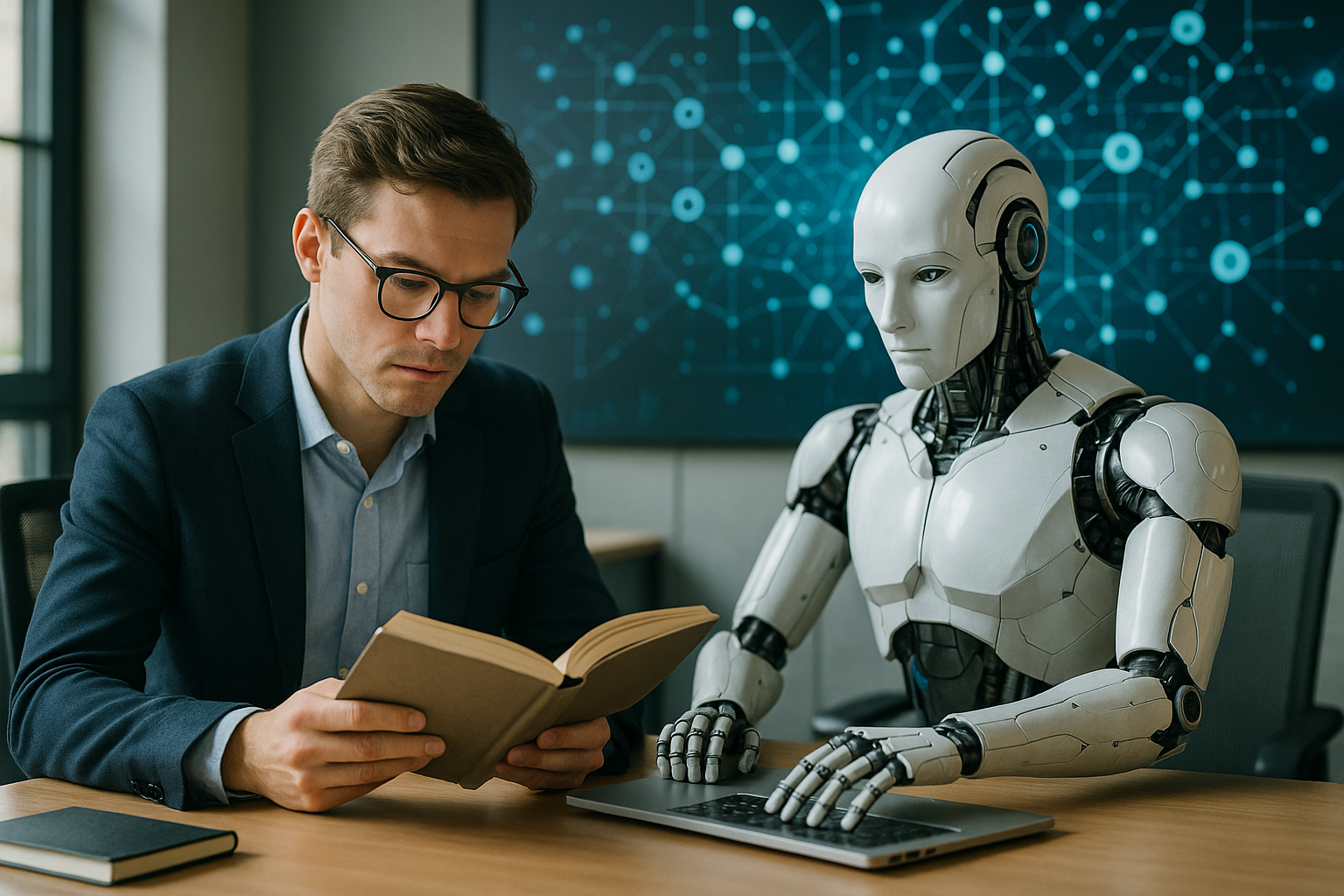The Rise of Artificial Intelligence: Transforming Our World
Artificial Intelligence (AI) is revolutionizing industries and reshaping our daily lives. From smartphones to smart homes, AI technology is becoming increasingly prevalent, offering unprecedented opportunities and challenges. This article explores the current state of AI, its applications, and its potential impact on society.

What is Artificial Intelligence?
Artificial Intelligence refers to computer systems designed to perform tasks that typically require human intelligence. These systems can learn, reason, and adapt to new situations, often mimicking human cognitive functions. AI technology encompasses various subfields, including machine learning, natural language processing, and computer vision.
How is AI technology being applied in different industries?
AI applications span numerous sectors, transforming business operations and consumer experiences:
- Healthcare: AI assists in diagnostics, drug discovery, and personalized treatment plans.
- Finance: AI powers fraud detection, algorithmic trading, and customer service chatbots.
- Manufacturing: AI optimizes production processes and predictive maintenance.
- Retail: AI enhances inventory management, personalized recommendations, and customer insights.
- Transportation: AI enables autonomous vehicles and optimizes traffic flow.
These applications demonstrate the versatility and transformative potential of AI across diverse fields.
What are the key challenges in AI development?
Despite rapid advancements, AI development faces several hurdles:
- Ethical concerns: AI decision-making raises questions about bias, privacy, and accountability.
- Data quality and quantity: AI systems require vast amounts of high-quality data for training.
- Explainability: Complex AI models often lack transparency in their decision-making processes.
- Integration with existing systems: Implementing AI in legacy infrastructure can be challenging.
- Skill gap: There’s a shortage of qualified professionals to develop and manage AI systems.
Addressing these challenges is crucial for the responsible and effective deployment of AI technology.
How is AI impacting the job market?
AI’s influence on employment is a topic of intense debate:
- Job displacement: Some roles may become automated, particularly in repetitive or data-intensive tasks.
- Job creation: New positions are emerging in AI development, data science, and related fields.
- Skill evolution: Existing jobs are adapting to incorporate AI, requiring workers to upskill.
- Productivity boost: AI can enhance human capabilities, potentially leading to increased overall productivity.
The net effect of AI on employment remains uncertain, but it’s clear that the job market is undergoing significant transformation.
What are some recent breakthroughs in AI technology?
AI research continues to push boundaries:
- Large language models like GPT-3 have demonstrated remarkable natural language understanding and generation capabilities.
- DeepMind’s AlphaFold has made significant strides in protein structure prediction, potentially revolutionizing drug discovery.
- AI-powered image and video generation tools have achieved unprecedented levels of realism and creativity.
- Reinforcement learning algorithms have mastered complex games and are being applied to real-world optimization problems.
- Advancements in edge AI are enabling more efficient and privacy-preserving applications on mobile devices.
These breakthroughs highlight the rapid pace of AI development and its expanding potential across various domains.
What are the costs associated with implementing AI solutions?
Implementing AI solutions can vary widely in cost depending on the complexity and scale of the project. Here’s an overview of potential expenses:
- Software and Infrastructure: AI platforms, cloud services, and hardware requirements.
- Data Acquisition and Preparation: Collecting, cleaning, and labeling data for AI training.
- Development and Integration: Costs associated with AI model development and system integration.
- Maintenance and Updates: Ongoing expenses for model refinement and system upkeep.
- Training and Hiring: Expenses related to upskilling existing staff or hiring AI specialists.
| AI Solution Component | Estimated Cost Range |
|---|---|
| AI Software Platforms | $20,000 - $300,000+ per year |
| Cloud Computing Services | $2,000 - $500,000+ per year |
| Custom AI Development | $20,000 - $1,000,000+ |
| AI Talent (Salary per role) | $100,000 - $250,000+ per year |
| Data Preparation and Management | $10,000 - $200,000+ |
Prices, rates, or cost estimates mentioned in this article are based on the latest available information but may change over time. Independent research is advised before making financial decisions.
As AI technology continues to evolve, its impact on society, industry, and daily life will only grow. While challenges remain, the potential benefits of AI are immense, promising to enhance productivity, innovation, and quality of life across the globe. As we navigate this AI-driven future, ongoing research, ethical considerations, and adaptive policies will be crucial in harnessing the full potential of artificial intelligence responsibly.
The shared information of this article is up-to-date as of the publishing date. For more up-to-date information, please conduct your own research.




